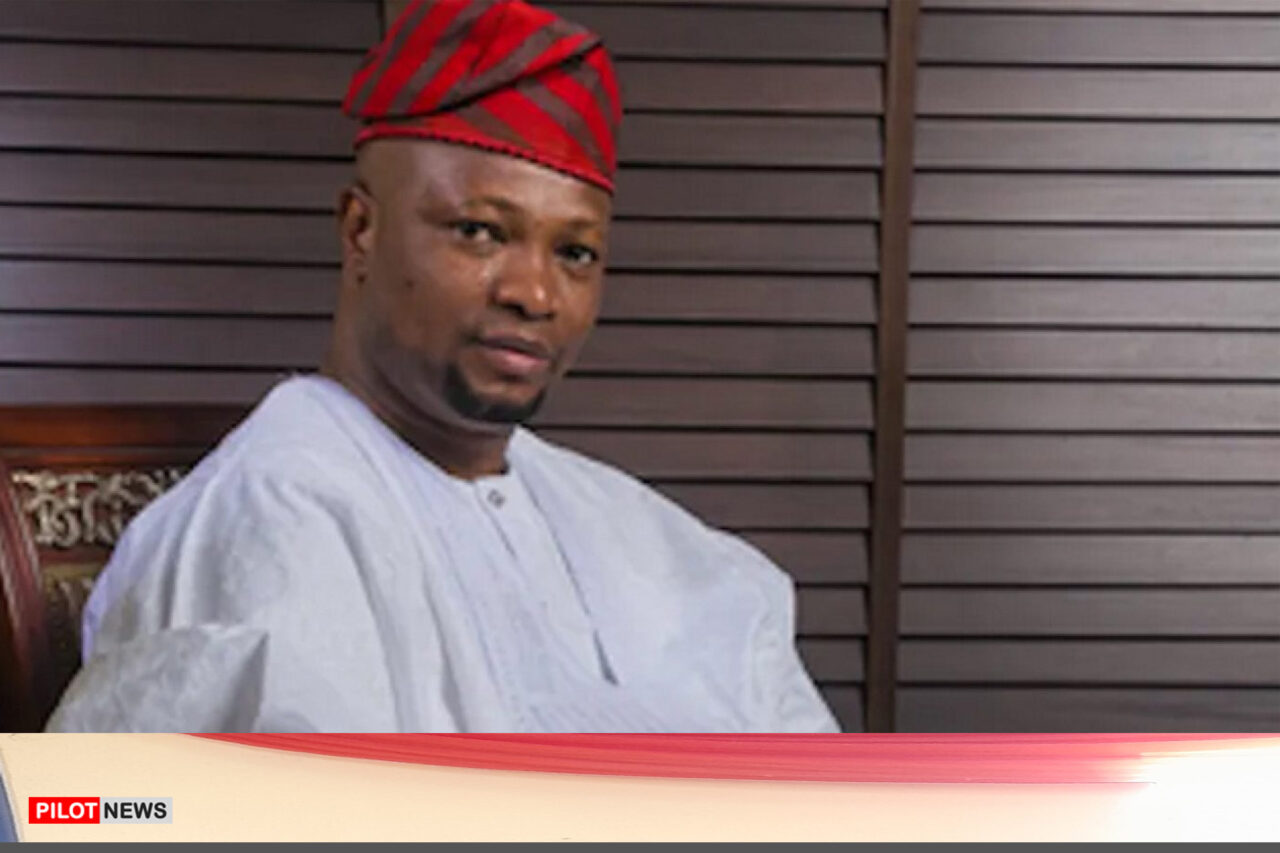Dr. Olajide Adediran, popularly called Jandor, the candidate of the Peoples Democratic Party (PDP) in the 2023 governorship election in Lagos State, has expressed confidence that he’ll have victory at the election tribunal sitting in Lagos.
The PDP candidate is seeking the disqualification of Governor Babajide Sanwo-Olu, candidate of the All Progressives Congress (APC) and candidate of the Labour Party, Gbadebo Rhodes-Vivour.
He noted that he would win because everything that he submitted at the tribunal was not controverted by Sanwo-Olu and Rhodes-Vivour.
Jandor in an interview on Wednesday, said, “I’m confident we’ll win at the tribunal because on the grounds of our petition certain things didn’t happen. When the trial was closed and the final address was written, reply on law, there was nothing controverting everything that we presented before the tribunal. We’re relying strongly on the position of the law especially on section 136 (2) of the electoral act, which says where a tribunal or court nullifies an election of a person who has the highest number of votes based on the fact that he was not qualified ab initio to contest that election, the second person with the second highest number of votes will be declared the winner, provided that such a person is also a member of his political party and satisfies the provision of the electoral act, otherwise the next person gets it.
“If they’re going to look at everything and that section comes in, the two votes will be wasted votes. We’re confident that we’ll win. We hope that the tribunal will have the courage to look at everything.
He added, “Our petition is premised on disqualification of Sanwo-Olu of the APC and Rhodes-Vivour, candidate of the Labour Party. Elections in Nigeria are held under certain rules provided by the constitution of the federal Republic of Nigeria. Part of these rules is that whoever wants to run as governor of Lagos State or any state in Nigeria must be a member of a political party, and such a person must be sponsored by the party. So, that is what section 147 (C) of the constitution of the federal republic of Nigeria as amended provides that must be fulfilled.
“The sponsorship includes holding a valid primary election. Also to make sure that such a candidate doesn’t submit falsified documents to the Independent National Electoral Commission (INEC). That is taken care of by section 182. Section 82 (1) of the electoral act says that for a political party to organise a congress or meeting for the purpose of nominating a candidate, it must give at least a 21 day notice to INEC. Section 82 (5) of that section says that failure to do so will render such an opportunity of the primary election invalid.
“So, we’ve submitted everything before the tribunal and these two political parties didn’t comply with the provisions of that law,” Jandor said.
“Throughout the trial they didn’t submit anything to contradict that position, including calling witnesses and all of that. Section 84 (5B1) of the electoral act, says that for a primary election to be held there must be a notification from the party to INEC. The notification that will speak about the date, the venue, which must be authorized by the national body of the party, that is the National working Committee (NWC).
“The two political parties didn’t also comply with this law because the notifications sent to INEC was signed by the state chapter of the parties, which is contrary to that position. Under section 84 (13) of the electoral act, failure to do that will mean that the candidate will not be included in that election.
“There was also an issue of the WAEC saga of one of the candidates. We have been able to prove to the tribunal with every evidence before them that the candidate lied on oath,” Jandor added.
- FG moves to secure natural resources, as presidential committee meets service chiefs - January 25, 2024
- Kogi govt pays JAMB registration fees for 15,033 public school students - January 24, 2024
- Edo Guber: APC debunks aspirants screening disqualification rumours - January 24, 2024

